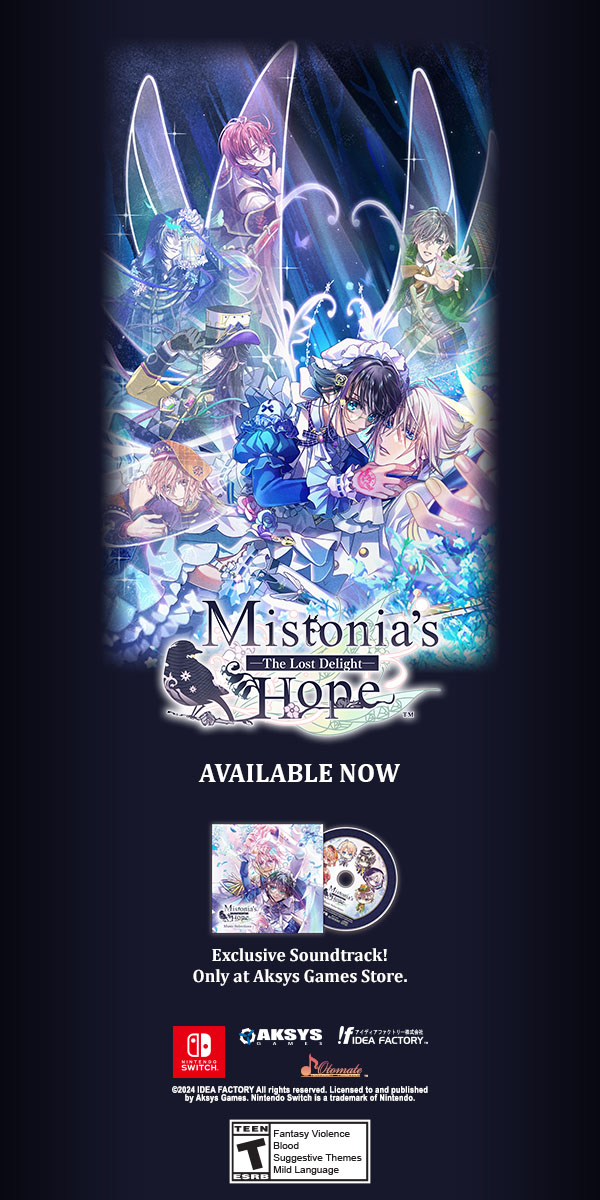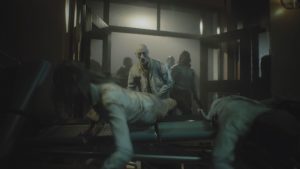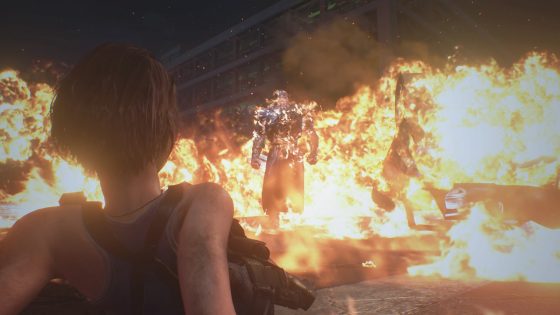
The Resident Evil franchise is widely celebrated for its slow-pacing, extremely heart-racing moments, and at times excruciatingly difficult boss battles that make you want to rip your hair out. It’s these features that made the franchise stand out in a remarkable way to other horror titles on the market, and created such a thrilling experience that you can’t find anywhere else. Capcom created such an effective formula that challenged players not only within the game but also on a psychological and emotional level, as players were constantly thrown into scenarios that were oftentimes overwhelming, or required some strategy in order to survive. After the release of Resident Evil 7 (Biohazard 7 here in Japan), many hardcore fans felt that the Capcom formula had taken on a new form, one that felt a lot more refined and cerebral, and encapsulated the very essence of what survival horror truly meant. The title went on to have commercial success with its VR counterpart generating some of the most gut-wrenching moments in survival horror history, and really instilling fear into the player as they ventured through the unknown in search for answers. Fast forward to today, 2 years after the release of Resident Evil 7: Biohazard, and we’ve been graced with two remakes in a remarkably short time frame, RE2 Remake and the most recent RE3 Remake (Resident Evil 3 Remake).
Both titles were a huge surprise to many fans but also a nice gift from Capcom, as both the original Resident Evil 2 and Resident Evil 3: Nemesis were commercially successful at the time of their release, and are largely considered fan favorites among the franchise. Leading up to both releases, fans were anticipating a lot of great additions to the game, especially with Capcom introducing the new RE Engine from Resident Evil 7: Biohazard, and its fresh sophisticated approach to survival horror realism. However, the caveat that came with releasing these two titles so quickly is that in spite of their nostalgic presence and return to the beloved Raccoon City in a fresh new way, the pacing just felt a little too abrupt which ultimately led to both titles feeling rushed in some way. This is more prevalent in RE3 Remake than RE2 Remake and for those who’ve played it, you’ll likely understand where we’re coming from. Let us explore a little deeper and explain how RE3 Remake’s pacing can show us faults in Capcom’s current formula.
The Game Felt Imbalanced
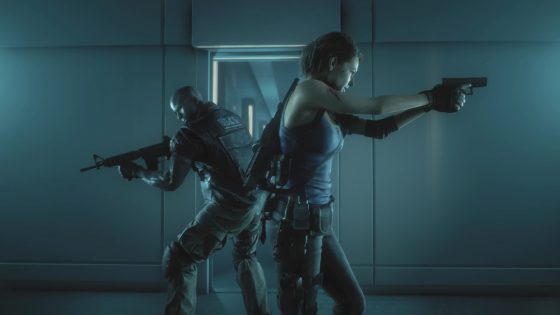
As a disclaimer, we’re not saying that RE3 Remake is a bad game nor are we claiming Capcom as a whole to be of poor taste (Monster Hunter is on fire right now). The main point we’re trying to exemplify here is that somewhere along the development pipeline Capcom seemed to just rush things in hopes that fans will give in to their buying habits, and experience a brand new Resident Evil from a new perspective. Well, they weren’t wrong in their marketing strategy as we succumbed to our buying habits and picked up the game, but as we completed the game in under 8 hours on multiple difficulties we learned that perhaps it was best to wait. Playing the game through Hardcore mode for the first time wasn’t as overwhelming as we had expected, with Nemesis playing less of a role and only really showing up at moments to shake things up. This immediately felt strange to us since the original Resident Evil 3: Nemesis placed a lot of emphasis on Nemesis and its overwhelming threat not only to Jill but society as a whole. However, in the remake its presence was lackluster and really didn’t scare us in any significant way. This led us to believe that RE3 Remake was catered more to newer players of the franchise and not the hardcore players, since much of the game felt more like a highlight reel than an actual remake in its truest sense. Playing through hardcore mode was easy and then suddenly on Nightmare mode, things started to really feel more imbalanced due to players having to purchase “in-game” items to make things feel more “balanced.” Without spoiling the endgame and diving too deep into the narrative all we can say is that much of our playthrough of the game just wasn’t as thrilling as we had initially expected, and made us feel deflated towards the end of it all. This leads us to our next point…
Return Back to the Resident 7: Biohazard Formula
All throughout the course of playing Resident Evil 3 Remake, especially the hospital area, things just felt out of place and required players to run around repeatedly without there being a main reason. For example, when playing Carlos throughout the hospital you’re cursed with having to race through narrow corridors in search of an item you can’t even get until Jill comes in: Lockpicks. This left us quite irritated because you’d see all of these lockers and boxes scattered all around and it isn’t until you complete Carlos’ chapter do you finally get to open these things. The point we’re trying to get at here is that there lacked a sense of real direction in the narrative, and towards the end you’re left with a very abrupt and quite anti-climactic finale. Sure, fighting our way through hordes of zombies and staving off the brutal Nemesis from killing us was fun for a time, but it just didn’t wow us like Resident Evil 7: Biohazard did with its extremely smart pacing and character development.
What we learned from all of this is that when Capcom rushes their product, they ultimately don’t do as well when compared to when they take the time to create something incredible. Why they decided to push out two remakes in such a short span of time is beyond me, but it’s very clear that by rushing, the Capcom formula takes a tremendous hit. Also for added information, RE3 Remake was actually developed not by Capcom but by M2, a company associated with Capcom but not the actual Capcom house itself. The release of Resident Evil Resistance, the multiplayer survival game, also proves that this new Capcom approach just doesn’t cut it. Resistance, when played online, is clunky and framerates just can’t keep up at times with so much going on and the game ultimately becomes less entertaining. So when you think about it, that’s 3 titles that Capcom dropped and out of the 3, RE2 Remake was the only one that felt somewhat similar to the pacing of RE7: Biohazard.
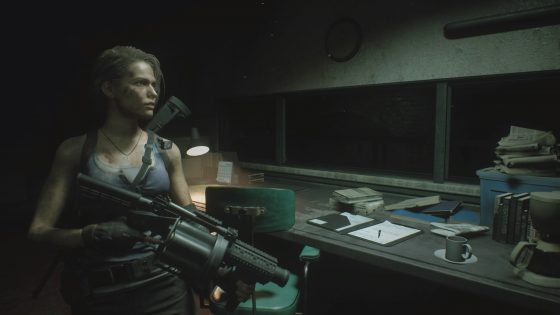
Final Thoughts
So what can we take from all of this? Well, it’s that Capcom needs to slow things down and return to their original formula of creating a true survival horror experience. What fans really want is not just a remake (which of course is a nice bonus) but a Resident Evil title that takes advantage of the new engine and blows us away entirely with its shock factor, something the franchise is notable for. The only thing that shocked us about RE3 Remake was just about how rushed it all felt and that while the visuals were truly outstanding, the gameplay didn’t serve its purpose in the end. It felt more action-oriented and less like the truly frightening experience that we were met with while playing Resident Evil 7: Biohazard.
Recommended Post
